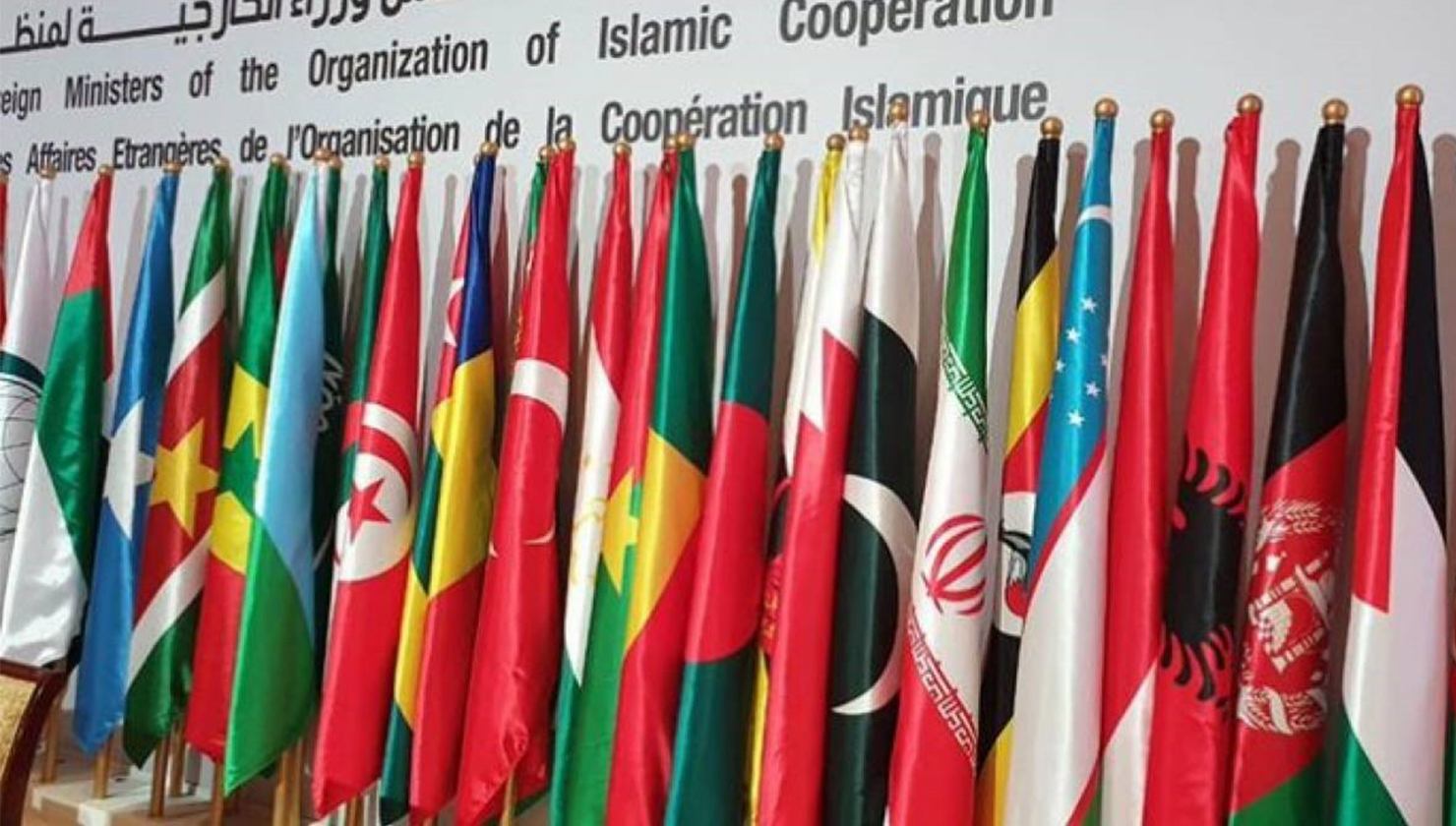Organisation of Islamic Cooperation: Role for Islamic Countries
Promoting Solidarity and Welfare Across Member States
Economic Development and Cooperation
The OIC fosters economic welfare through specialized institutions and initiatives aimed at sustainable development and trade.
- Islamic Development Bank (IDB): Provides financial support for infrastructure, trade, and poverty alleviation, with the International Islamic Trade Finance Corporation (ITFC) enhancing trade [1], [2].
- COMCEC: Since 1984, the Standing Committee for Economic and Commercial Cooperation promotes trade, investment, and economic independence [1].
- Poverty Alleviation: The Astana Declaration commits to eradicating extreme poverty and implementing SDGs, with the Islamic Solidarity Fund (ISF) aiding least-developed states [3], [4].
- Islamic Finance: Institutions like the IAIB and CIBAFI promote Sharia-compliant financial systems, emphasizing social justice [3], [5].
Social and Humanitarian Efforts
The OIC addresses social welfare and humanitarian crises through coordinated programs.
- Humanitarian Assistance: The Islamic Cooperation Humanitarian Affairs Department (ICHAD) mobilized aid during the 2011 Somalia famine and partnered with the EU’s DG ECHO in 2020 for crises in Afghanistan and the Sahel [4], [6].
- Women and Families: The Women Development Organization (WDO) empowers women, as seen in the 2023 Samarkand Forum, while family-oriented policies are promoted [4], [7].
- Refugees and Minorities: The OIC supports displaced populations like the Rohingya and advocates for Muslim minority rights with UN partnerships [6], [8].
Education, Science, and Technology
The OIC promotes intellectual and scientific advancement to uplift member states.
- ISESCO: The Islamic Educational, Scientific and Cultural Organization fosters education, science, and cultural preservation [1], [9].
- SESRIC: The Statistical, Economic and Social Research and Training Centre provides data and training to enhance policy-making and capacity [1].
- COMSTECH: The Standing Committee on Scientific and Technological Cooperation drives scientific networking and investment, as emphasized in the Astana Declaration [3], [7].
Cultural and Religious Preservation
The OIC works to preserve Islamic heritage and promote cultural unity.
- IRCICA: The Islamic Research Centre for History, Art and Culture preserves Islamic heritage and fosters intercultural dialogue [1].
- Combating Islamophobia: The Union of News Agencies (UNA) and support for UN Resolution 16/18 counter negative stereotypes [7], [8].
- Support for Palestine: The Al-Quds Committee and IPHRC advocate for Palestinian rights and protection of Al-Aqsa Mosque [3], [10].
Human Rights and Conflict Resolution
The OIC engages in human rights and conflict resolution, though its approach faces scrutiny.
- Cairo Declaration (1990): Outlines Sharia-based rights but is criticized for limiting gender equality and non-Muslim rights [11], [12].
- Conflict Resolution: The OIC mediated disputes like Pakistan-Bangladesh relations in the 1970s but faces challenges due to internal divisions [7].
- Combating Terrorism: The 1999 Convention rejects linking terrorism to Islam, promoting peace and dialogue [3], [4].
Health and Crisis Response
The OIC addresses health and emergency challenges to support member states.
Challenges and Criticisms
The OIC faces obstacles that limit its effectiveness.
- Lack of Consensus: Diverse interests among 57 members hinder unified action, with non-binding resolutions reducing impact [10].
- Human Rights Controversies: Opposition to LGBT rights and conservative gender policies draw criticism [3], [11].
- Perceived Weakness: Critics argue the OIC lacks global influence to address crises effectively [3], [7].
Conclusion
The OIC plays a vital role in promoting the welfare of Islamic countries through economic development, humanitarian aid, education, cultural preservation, and human rights advocacy. Institutions like the IDB, SESRIC, and ISESCO, alongside initiatives like the Astana Declaration, reflect its commitment to over 2 billion people. However, challenges like lack of consensus and human rights controversies limit its impact. The OIC continues to evolve, balancing Islamic principles with global cooperation to address member states’ needs [3], [1], [10].
